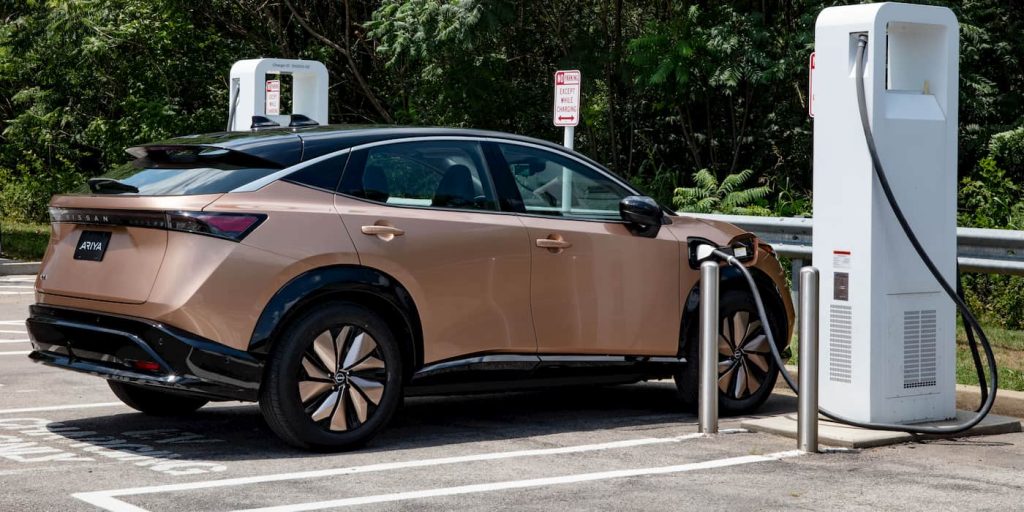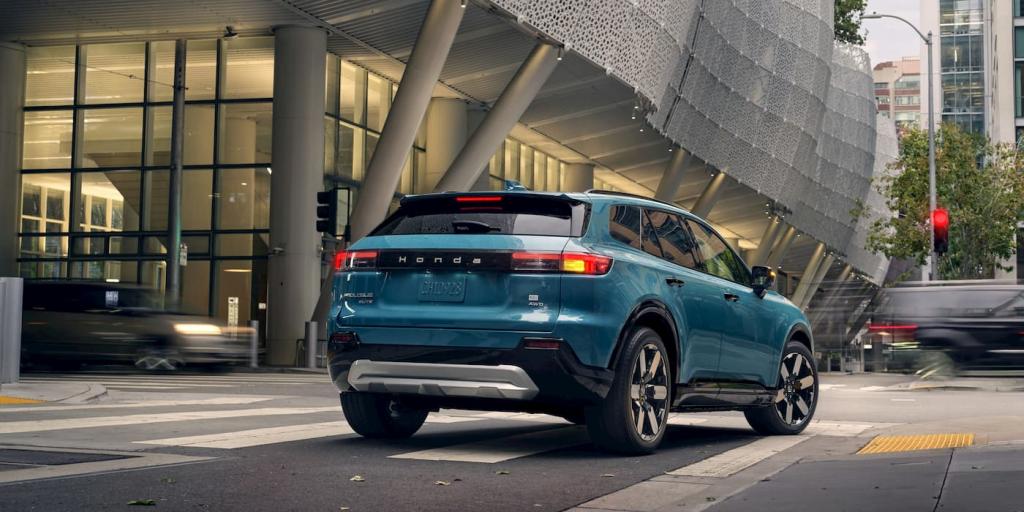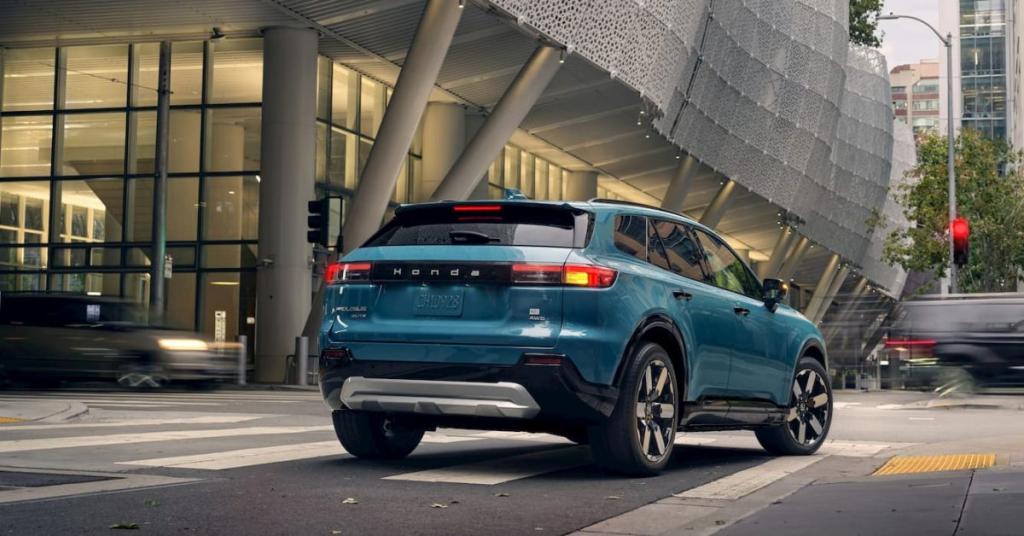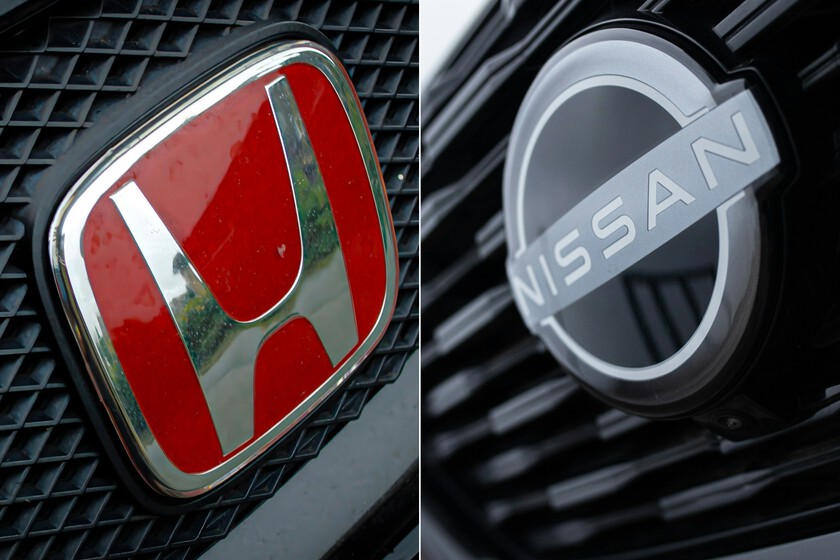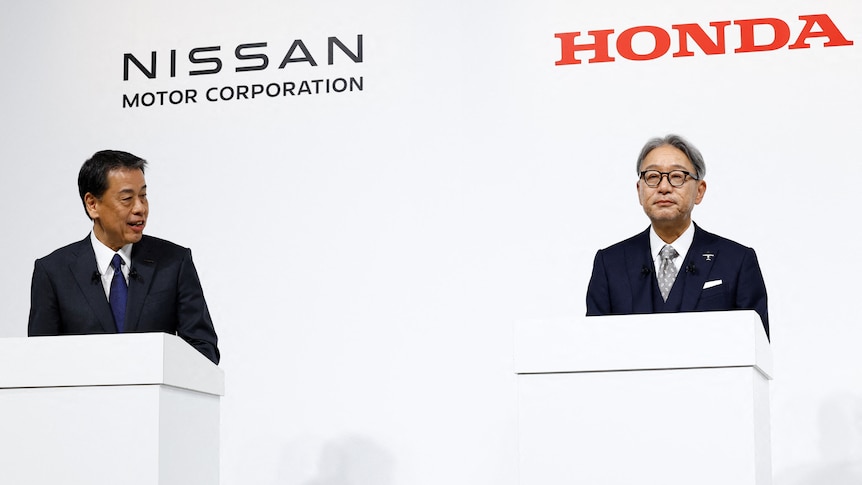Honda and Nissan Explore Merger to Compete in EV Market
Honda and Nissan are exploring a merger to strengthen their positions and compete effectively against EV giants like Tesla and emerging Chinese brands.
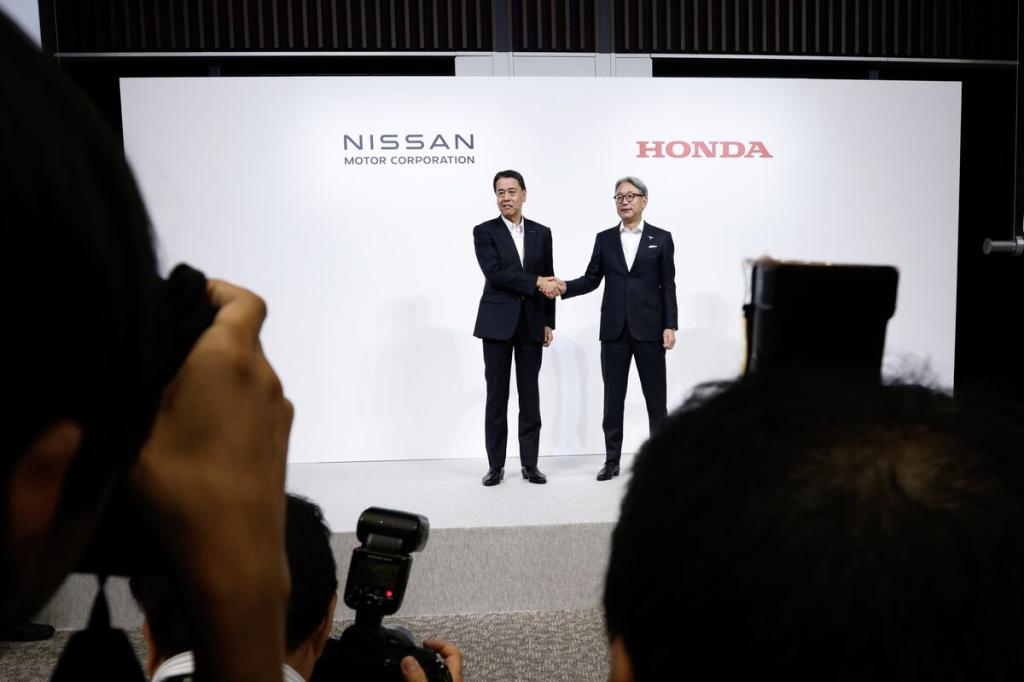
Key Points
- Honda and Nissan
are in talks to explore a merger aimed at enhancing their competitiveness in the evolving electric vehicle market.
- The potential consolidation could create one of the world's largest automotive groups, allowing them to better compete against industry leaders like Tesla and emerging Chinese manufacturers.
- This collaboration follows their earlier agreements to work together on EV technologies, reflecting a strong need for innovation and resource sharing in response to declining sales.
The automotive industry is undergoing rapid transformation, driven largely by the shift towards electric vehicles (EVs). In a strategic move to bolster their competitiveness against market giants like Tesla, Japanese car manufacturers Honda and Nissan are reportedly in discussions about a potential merger. This collaboration could redefine the landscape of the automotive market, enabling both companies to pool resources and better compete with emerging rivals from China.
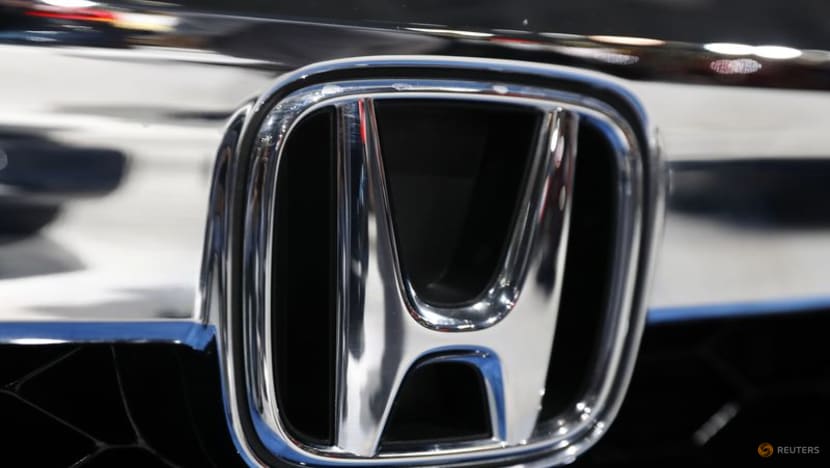
Why a Merger Now?
Honda and Nissan have experienced significant challenges recently, with both companies witnessing declining sales and profits. According to industry reports, Honda’s global sales reached approximately 3.98 million vehicles last year, while Nissan sold around 3.37 million. The combination of these figures would transition them into the world’s third-largest automotive manufacturer, surpassing Hyundai. This shift reflects a pressing need for collaboration in a market that continues to grow increasingly competitive.
The urgency is driven by the rapid advancement of Chinese automotive manufacturers, such as BYD, who have rapidly adopted electrification strategies and captured significant market share at lower price points. As many industry analysts point out, both Honda and Nissan must unite their resources to innovate and keep pace in a market that is shifting towards EV technology.
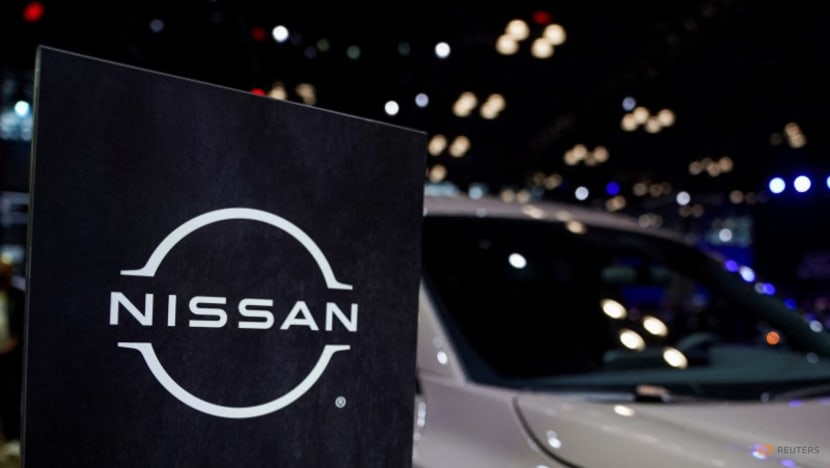
Strategic Collaboration Plans
Initial discussions surrounding a merger signify a broader strategy among Japanese automakers to revitalize their market presence in the face of changing consumer preferences towards electric and hybrid vehicles. Following the establishment of a memorandum of understanding, Honda and Nissan are likely to create a holding company that retains the independent nature of both brands while aligning their operational capabilities.
This merger could potentially include
, in which Nissan holds the largest stake, thus forming a formidable alliance within the automotive sector. The intention is to create a multi-dimensional entity that leverages shared technological advancements and manufacturing efficiencies. Such collaborations are essential to harnessing the technological innovations and investments necessary for EV development.

Challenges Ahead
Despite the evident benefits of such a merger, challenges remain. Both companies are contending with fluctuations in consumer demand and operational issues stemming from the rapid rise of domestic competitors in China. Recently, it was reported that both Honda and Nissan have faced setbacks in their sales within the Chinese market, which accounts for nearly 70% of global EV sales.
The strategic partnership between these two giants is not just about enhancing market share, but about innovating along new lines. As they both recognized the need to pivot towards all-electric vehicles, Honda has committed to doubling its investments in EVs to $65 billion by 2030, aiming for 100% zero-emission sales by 2040.

A Bright Future Through Collaboration
The anticipated consolidation marks an essential turning point for the automotive market, particularly as global demand for EVs surges. As both automakers have acknowledged, collaborating allows them to combine strengths and resources to tackle industry challenges together. Therein lies the opportunity to share technology, enhance production capabilities, and, ultimately, meet the evolving demands of the consumer market.
In summary, the potential merger of Honda and Nissan represents a promising initiative to revitalize their operations and respond proactively to market changes. The importance of unity in innovation and strategy cannot be overstated, especially as these companies strive to reclaim their positions in an industry that is increasingly dominated by electric vehicles. As the automotive landscape evolves, collaborations like this one may very well determine who leads the charge into a sustainable and electrified future.

